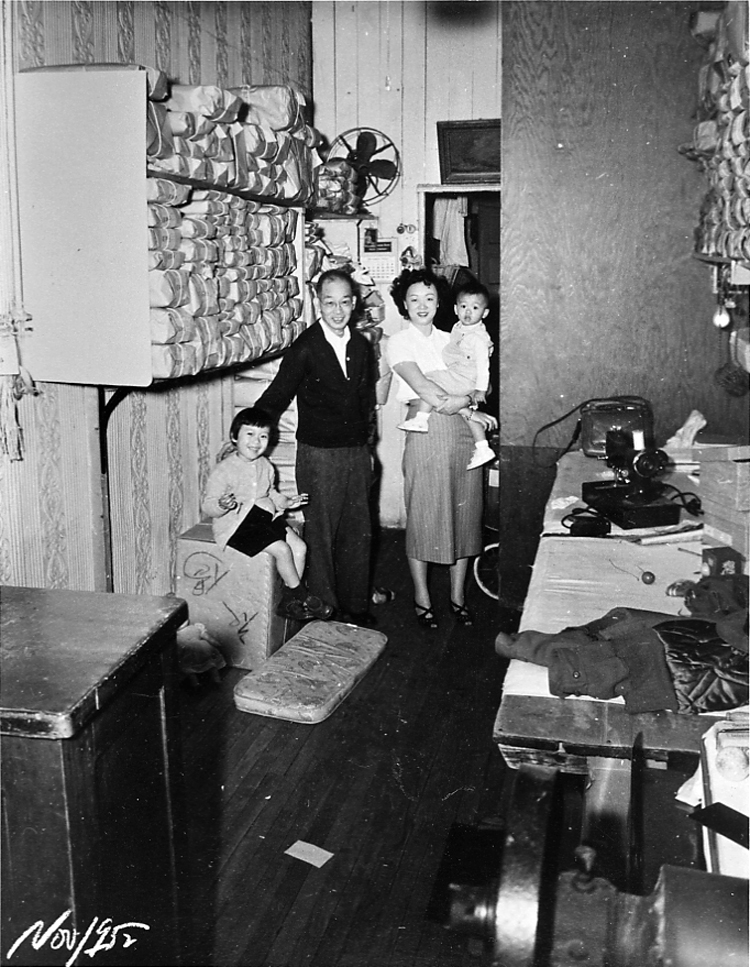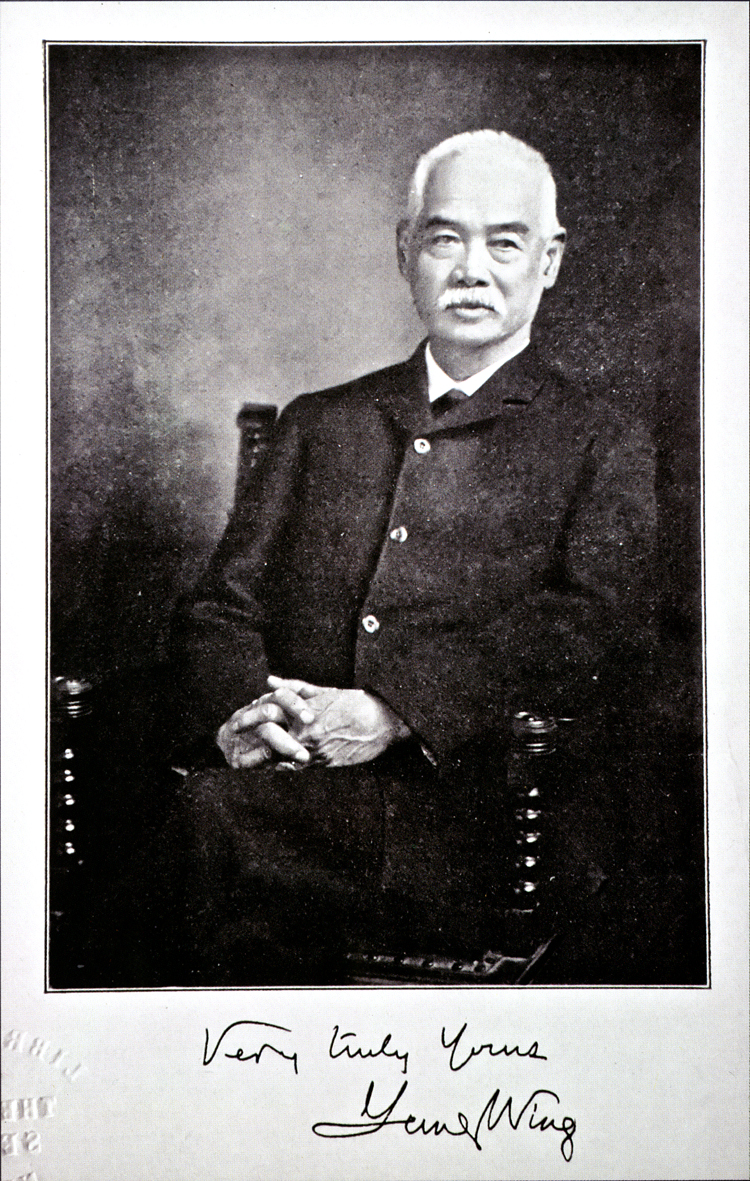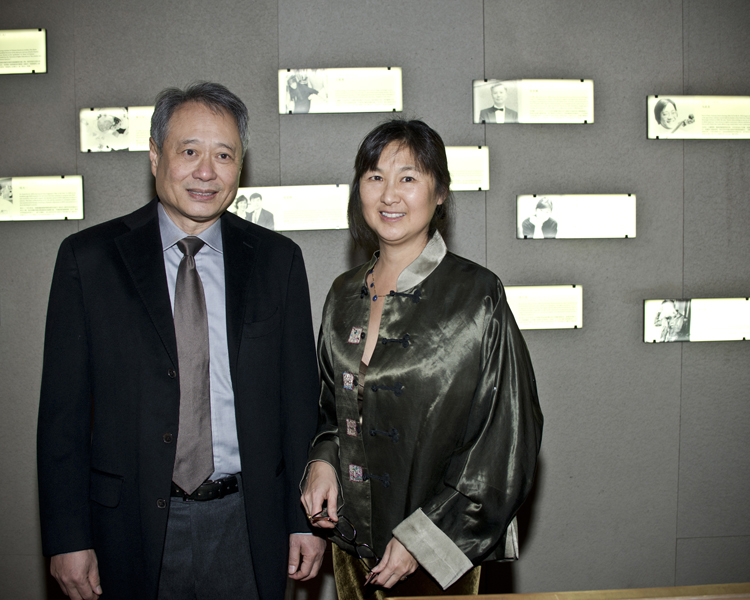In the 1930s, Dong Wong purchased Sam Wah Laundry, located on Creston Street in the Bronx, NY. Due to the Chinese Exclusion Act of 1882, the hand laundry was one of the few accessible businesses that allowed Chinese immigrants to make a living, although the trade required many to work extremely arduous hours around the clock. The laundry remained family owned until 1982, when the family decided to close the business and move to New Jersey after husband and owner Quock Chin was killed in an attempted robbery. Prior to shuttering the doors, Mrs. Quock Chin contacted MOCA’s staff and offered its contents to the museum’s first project about Chinese laundry workers, Eight Pound Livelihood. MOCA helped Mrs. Quock Chin and her family close up shop and conducted interviews and documented the historical site. Such personal connections within and from the community are what have fueled MOCA’s mission and work since its inception.
Collections馆藏Collections馆藏Collections馆藏Collections馆藏Collections馆藏Collections馆藏Collections馆藏Collections馆藏Collections馆藏Collections馆藏Collections馆藏Collections馆藏Collections馆藏Collections馆藏Collections馆藏Collections馆藏Collections馆藏Collections馆藏Collections馆藏Collections馆藏Collections馆藏Collections馆藏Collections馆藏Collections馆藏Collections馆藏Collections馆藏Collections馆藏Collections馆藏Collections馆藏Collections馆藏Collections馆藏Collections馆藏Collections馆藏Collections馆藏Collections馆藏Collections馆藏Collections馆藏Collections馆藏Collections馆藏Collections馆藏Collections馆藏Collections馆藏Collections馆藏Collections馆藏Collections馆藏Collections馆藏Collections馆藏Collections馆藏Collections馆藏Collections馆藏Collections馆藏Collections馆藏Collections馆藏Collections馆藏Collections馆藏Collections馆藏Collections馆藏Collections馆藏Collections馆藏Collections馆藏Collections馆藏Collections馆藏Collections馆藏Collections馆藏
The Chin Family in Sam Wah Laundry on Creston Street in the Bronx

10 June 2019 Posted.
Sam Wah Laundry, Bronx, owned by Chin Family, Nov. 1952, Museum of Chinese in America (MOCA) Collection.
Chin家经营Sam Wah洗衣店,位于纽约布朗克斯,1952年11月,美国华人博物馆(MOCA)馆藏

